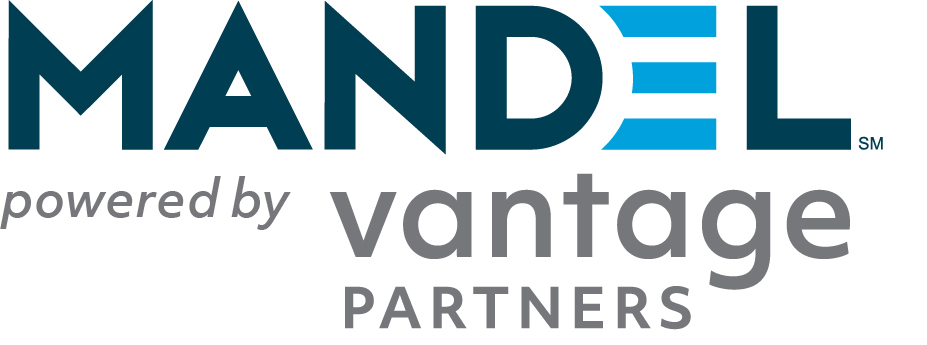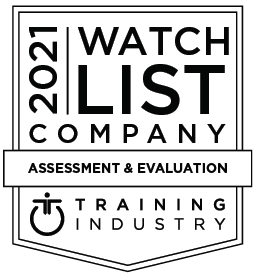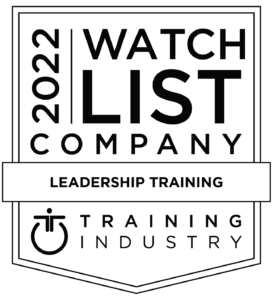“65% of children entering primary school today will ultimately end up working in jobs that don’t yet exist.”
This, according to the World Economic Forum’s The Future of Jobs report.
In her article, Soft Skills Will Be Essential for Future Careers, SAP Chief Learning Officer Jenny Dearborn tackles some tough truths about this stat head on.
Chief among them?
The world is rapidly changing.
Our educational systems — and corporate training programs — aren’t keeping pace.
The implication?
The jobs you’re training people for today won’t be the jobs you’ll need people to perform in just a few years.
Dearborn encourages employers to rethink training in order to focus on building soft skills that transcend the job market.
I agree.
I know. Big surprise, right? I’m the marketing director of a soft skills training company, after all.
But the truth is, as a result of Mandel’s work with clients, I’ve seen first-hand how developing transferable soft skills improves company culture and performance.
Soft skills can dramatically improve a company’s ability to embrace transformation—not just survive it.
I bet you’ve seen this first-hand too. Reflect for a moment on your own personal work experiences.
For example, have you ever had the unfortunate experience of reporting into someone who couldn’t communicate in a direct, empathetic, and clear way? How did it make you feel? Frustrated. Confused. Demoralized, even.
What about reporting into someone who communicates clearly and directly with presence and compassion? Completely different experience, right?
Great communicators make the people they work with feel more connected, more confident, and more capable of success.
Even on a small scale, soft skills — like the ability to manage meetings well or to write clear and succinct emails — reduce workplace frustration and confusion in the face of change.
In other words, soft skills can create calmer, more creative, and goal-oriented workplaces. Why is this important?
Science shows that problem-solving and creativity — skills essential to managing change — are impaired under acute or chronic stress.
Experiments with rats subjected to high levels of stress showed that “executive decision-making and goal-directed behavior had shriveled,” as reported in this New York Times article.
In the process, rats’ brains had been rewired to fall back on habitual behaviors even when those behaviors yielded less-than-desired results.
Sound familiar? At some point in your career, you’ve probably heard someone say: “But we’ve always done it this way.”
Now is the perfect time for organizations to do things a different way, especially when it comes to training and development.
We live in an age of disruption driven by exponential technological progress. Building technical skills or “hard” skills may solve some of your immediate needs. However, as Forrester Principal Analyst Brian Hopkins wrote in his recent blog:
“The problem with exponential systems is they catch us by surprise.”
A focus on hard skills or keeping pace with the latest tech is no longer enough. Now, it may even portend a misguided focus on the urgent over the important.
Prepare for transformation, because it’s the best bet your business can make.
I think learning and development organizations face a critical moment in their evolution and striving to make an impact.
The time is now to focus on building transferable skills that have lifetime value for your company, regardless of how functions and roles may evolve (or disappear altogether).
Develop a culture that empowers people to “keep calm and problem-solve on” in the face of intense organization- and industry-wide shifts.
The future of work depends on it.
Have you struggled to prove the value of soft skills training for your business? Mandel’s training has already been proven to deliver substantial skills and business value to clients, according to this research conducted by an independent organization.
Talk to us and learn how we can help you deliver soft skills training to your organization and prepare your people for the exponential change ahead. SCHEDULE A CONSULTATION.










